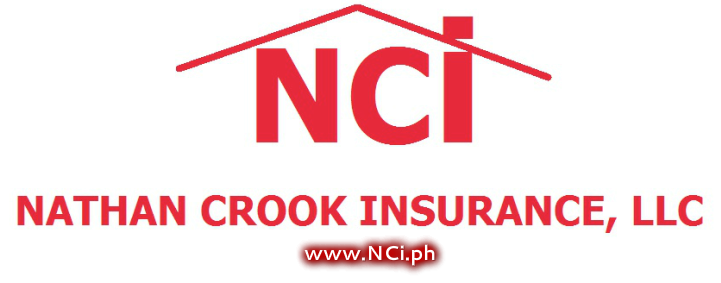First, most admitted line Business Owner Policies (BOP) and many surplus lines package policies carry some version of BII standard. They are in place to help your business get back on its feet should it suffer a loss, such as a fire or other common calamity that shuts the doors. Generally, a certain amount of money is paid out to the owner until the business can reopen. This can be figured as a percentage or it can be a specific dollar number that an insured provides.
The question of late is will your BII pay off if a claim is made under a Pandemic? The answer is murky and depends on several considerations.
The first, easy consideration is if your policy specifically excludes Pandemics, in writing under the Business Interruption portion, if so, than it would be easy to understand you have no realistic option for that claim, unless, perhaps you have an endorsement that adds Pandemic coverage back onto the policy.
If your business policy does have business interruption coverage and it does not mention pandemic as an exclusion you may have a right to claim. There are cases, as I am typing this, that are working through the court system. Lawyers in the insurance industry argue the answer is a No, because there is no physical damage. With that said, my understanding is that insurance laws are supposed to favor the customer when ambiguity creates this sort of uncertainty. It is very important that you read all the fine print.
Another problem is the estimated costs of $431 billion per month in claims, to all businesses with 100 or fewer employees is more than the insurance industry could afford. This is according to David A. Sampson, the CEO of The American Property and Casualty Insurance Association (APCIA), as reported in April 14th's InsuranceJournal.com article.
The good news is that the President of the USA is pushing insurance companies to do the right thing, perhaps uncle Sam will facilitate the shortfall here as well?
These uncertain times are creating needed changes in many businesses across the country and the world, the insurance industry is no exception.

 RSS Feed
RSS Feed